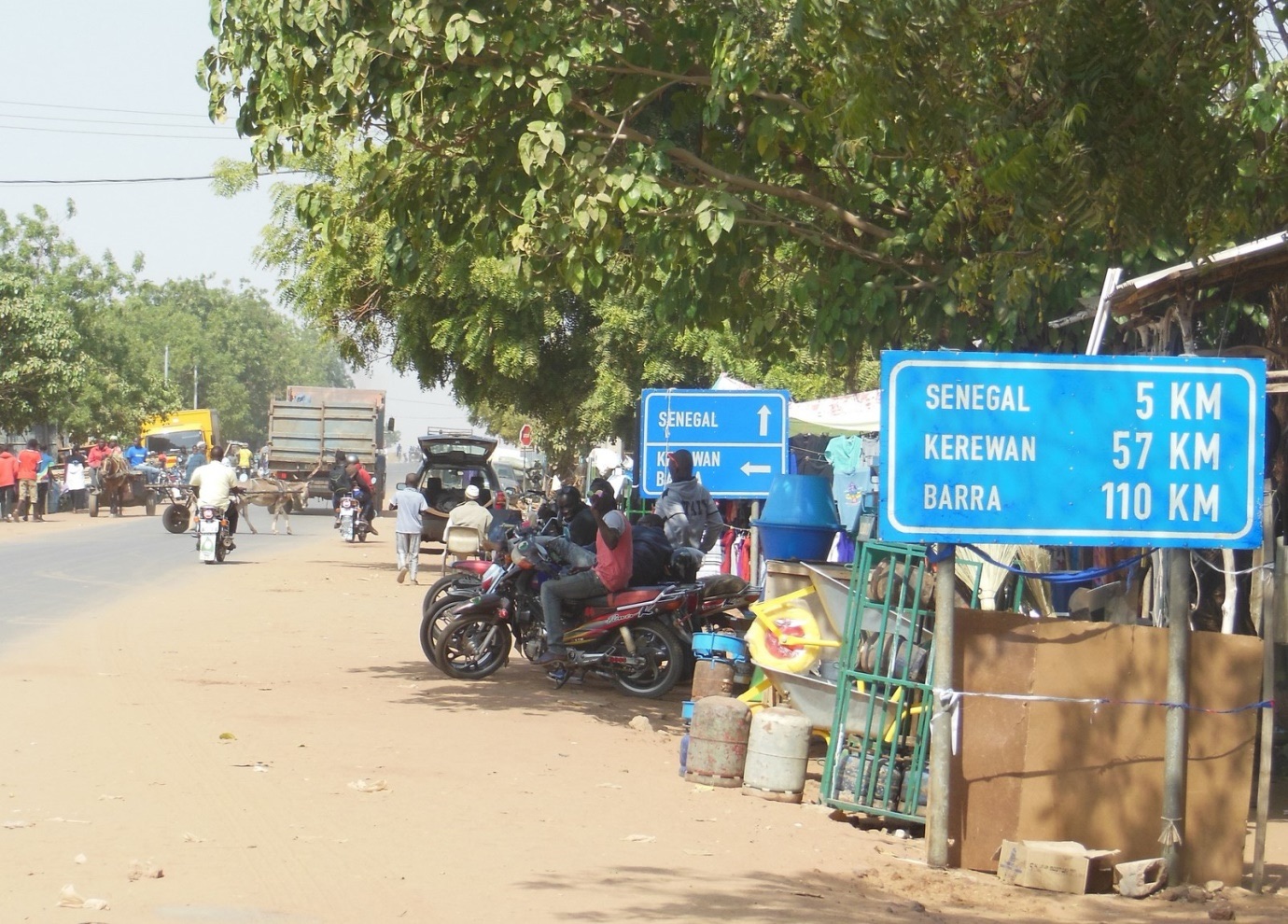By: Momodou Justice Darboe
Children, as young as three years old, are being sent down the streets of the provincial town of Farafenni daily, to beg for alms following a steep decline in the practice a few years ago.
These children, some of whom appear in the streets bare-footed and in threadbare clothes, spend long hours, begging for money and food. This makes them highly vulnerable to the perils of the streets and the elements of weather.
The presence of child beggars in the streets and car parks of Farafenni has been described by some locals as an indictment of the Gambia government, which is the primary duty-bearer when it comes to the improvement of the welfare and well-being of every Gambian child.
The former regime was able to reign in child-begging but the seeming apathy of this dispensation toward combating this vice has been concerning.
“These children deserve love and care. They deserve a brighter future. They have the right to be educated in a loving and caring environment but it would appear the government is oblivious to all these facts,” one man told this reporter at the Farafenni-Barra car park.
“The lack of proper government protection for these children could deprive them of many of life’s opportunities and it can make them more prone to the dangers of the street,” NgorrNying lamented in a chat with this reporter.
The Jammeh regime had adopted a firm stance against child mendicancy and its interventions led to the virtual disappearance of child beggars from the streets and car parks of major cities and towns.
In an interview with this medium, some of the children said they were Quranic students and were sent to the streets to beg by their teachers.
“Our teacher’s name is Omar Bah. We study the Quran but we also have to beg,” one of the children told our reporter when approached for an interview.
Another child beggar said his teacher’s name was Umiya Bah.
The Voice has been making efforts to reach the Bahs.





